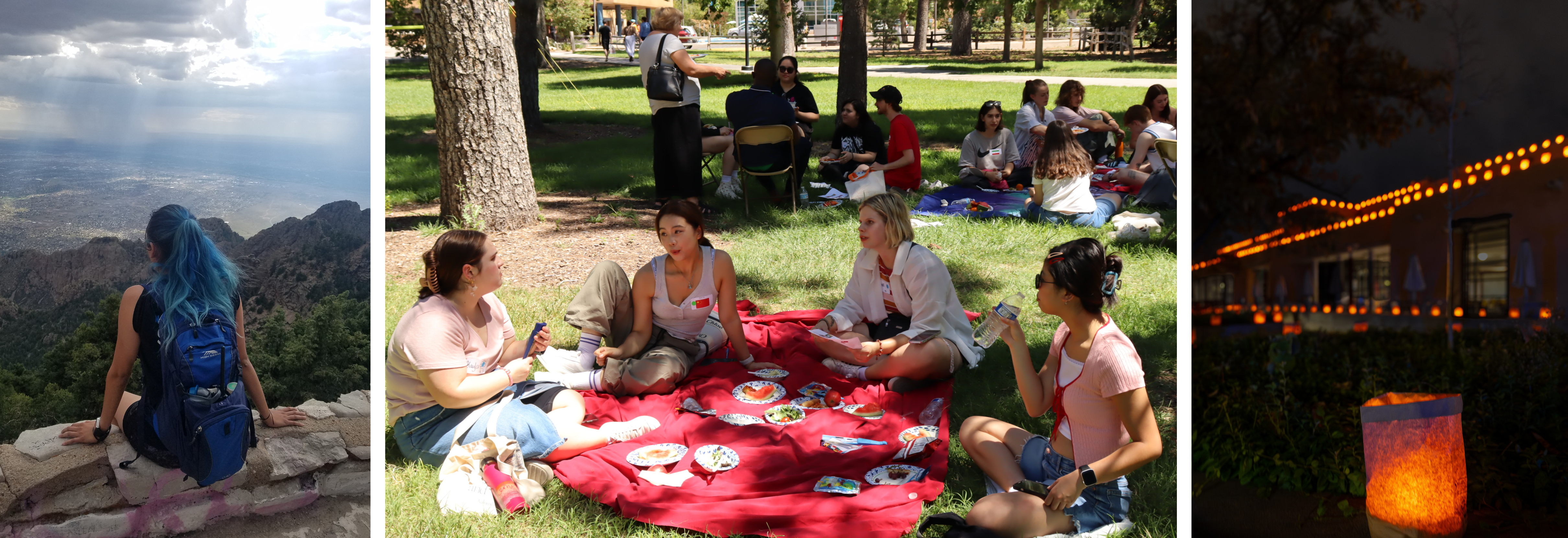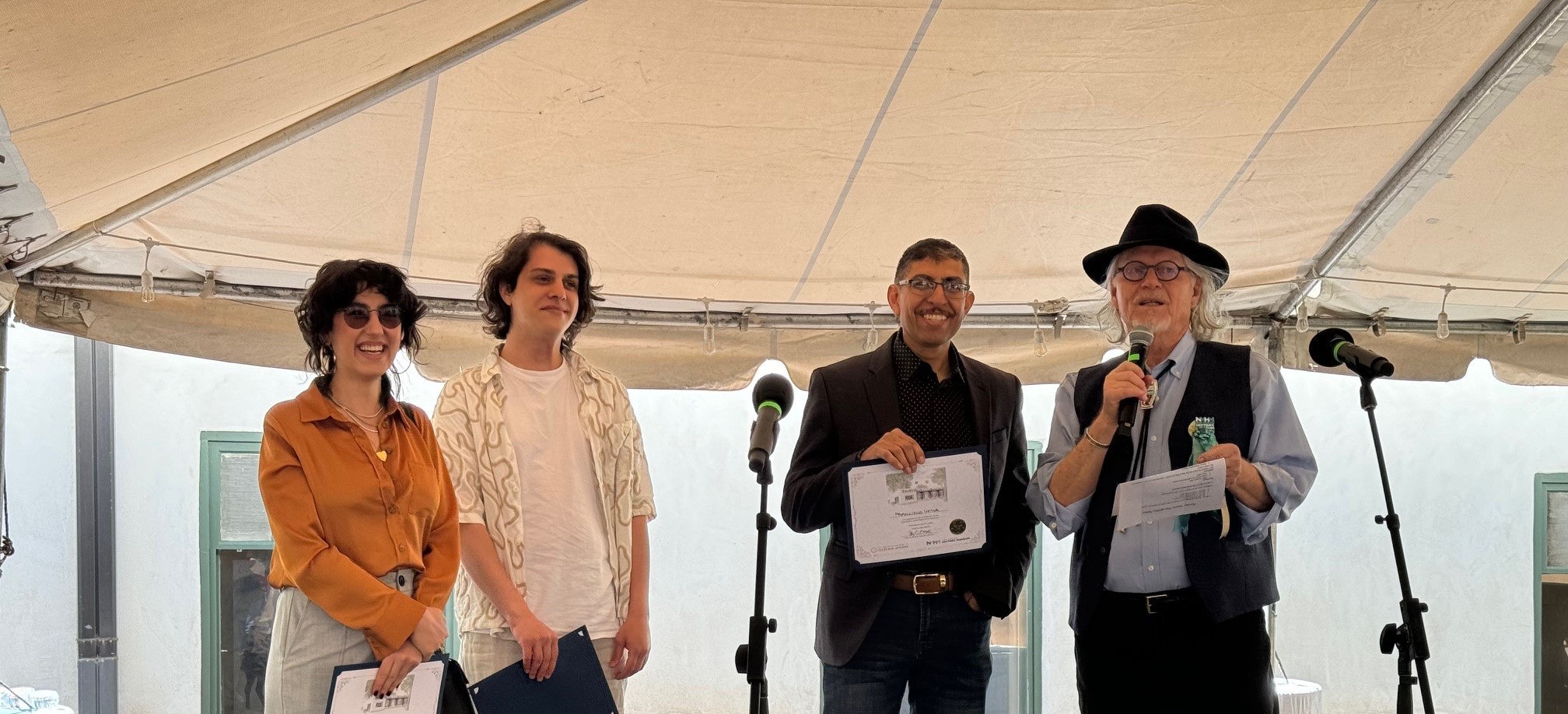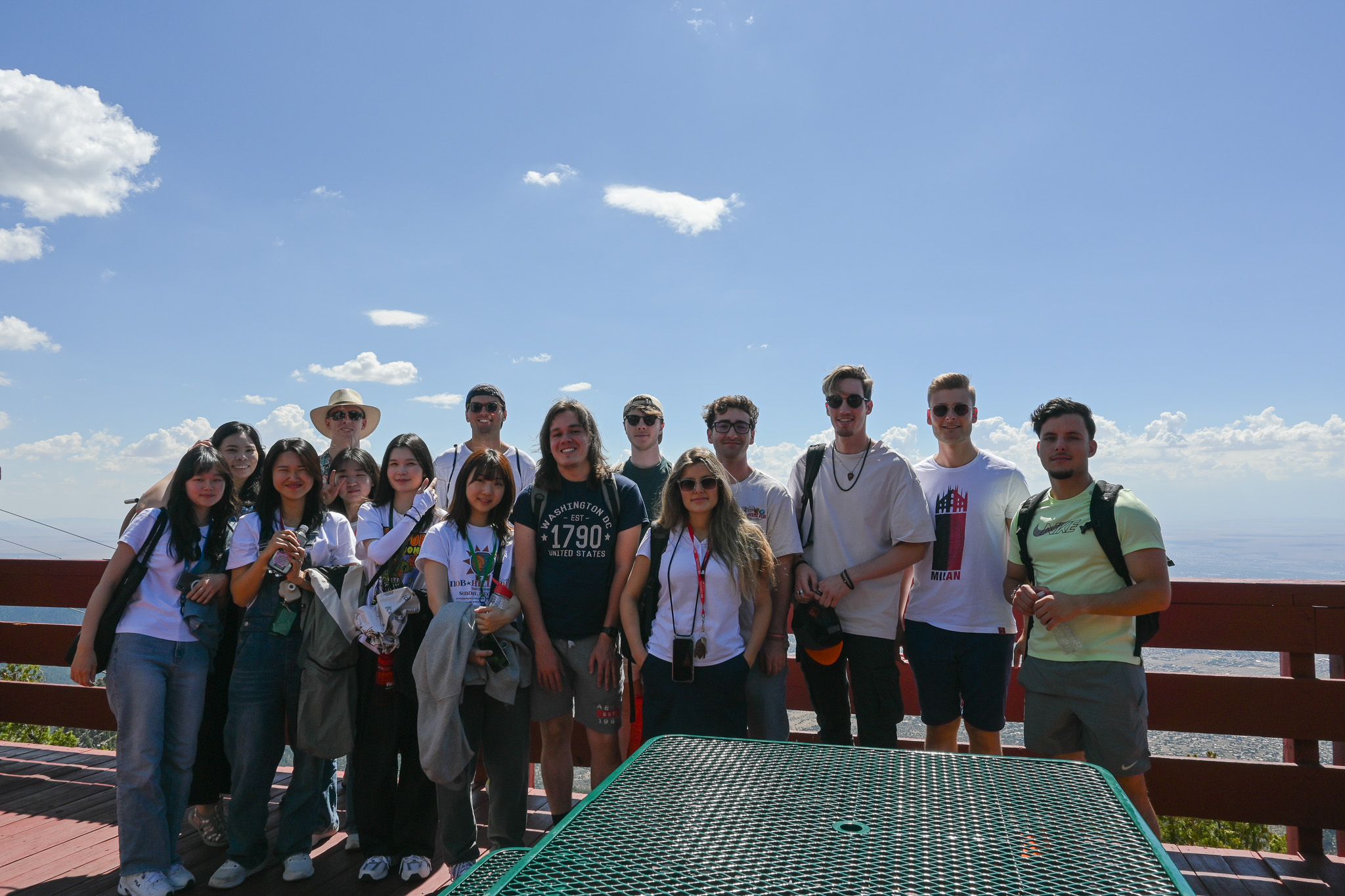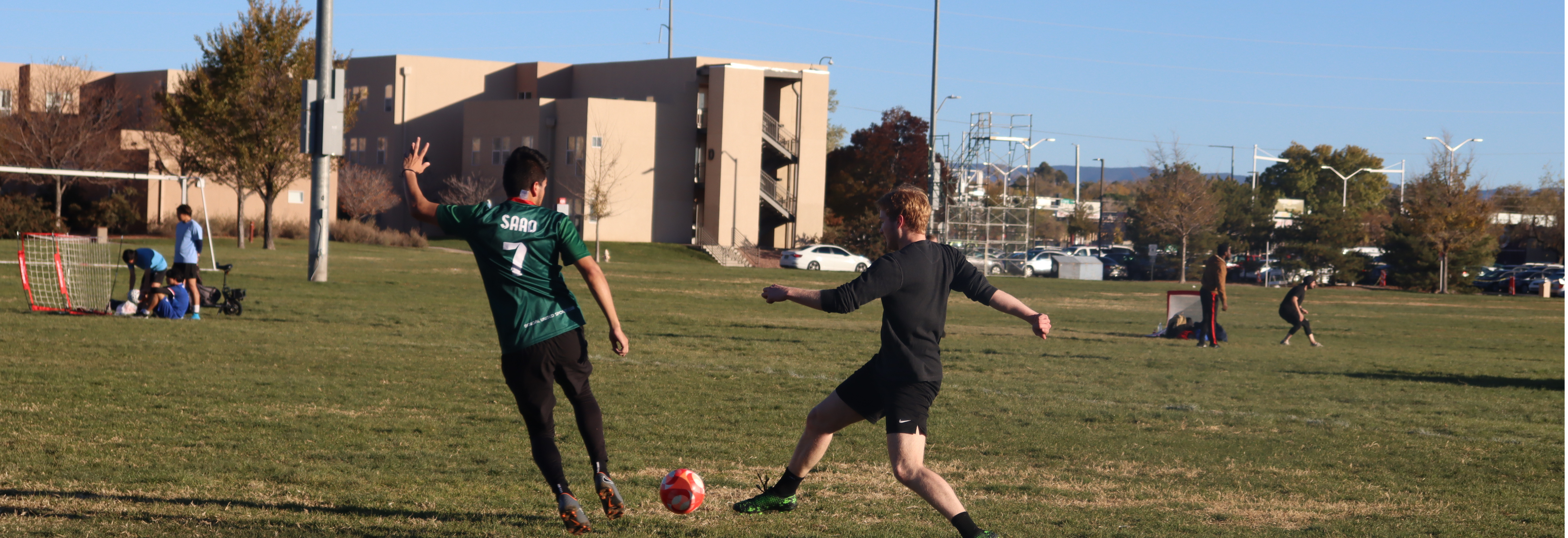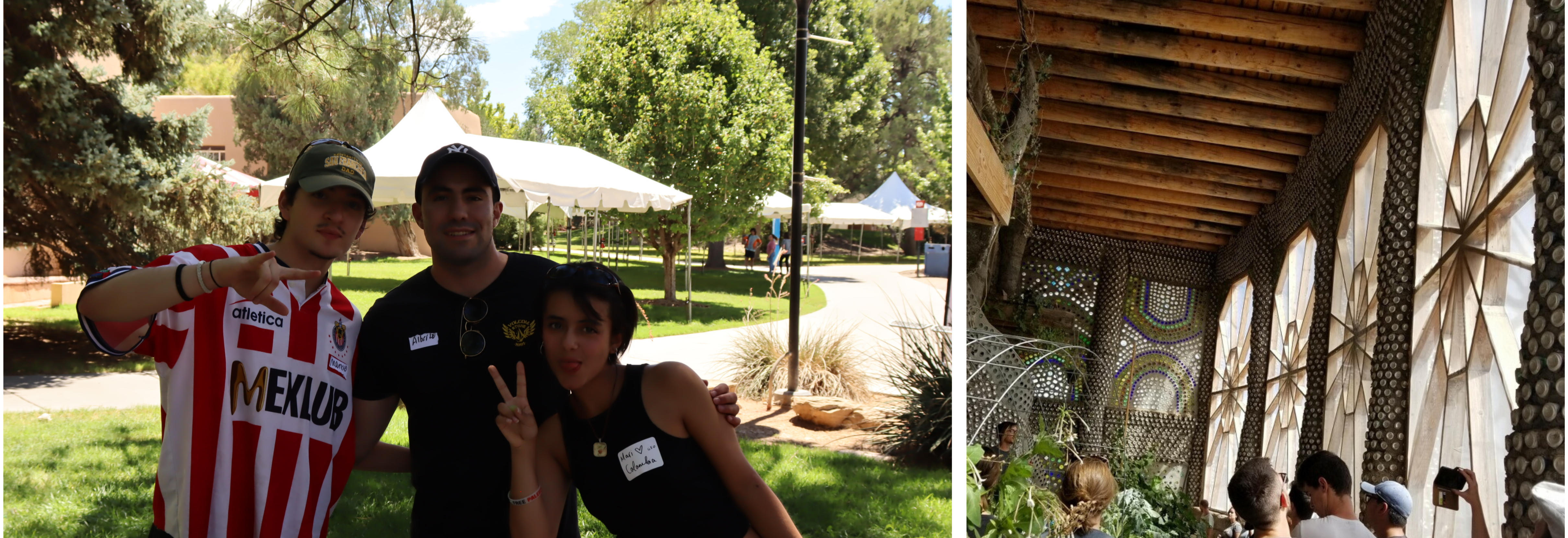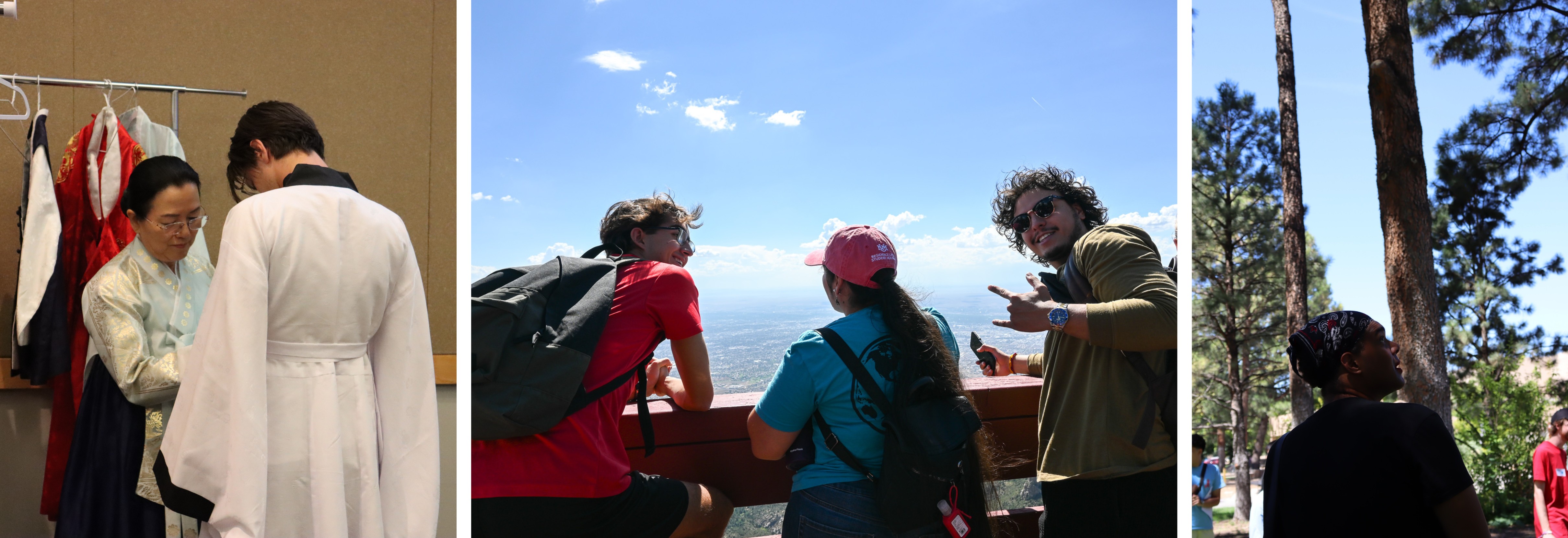Law & Safety
- Know Your Rights
- Common Scams
- Campus and Personal Safety
- Keeping Your Money Safe
- Identity Theft
- Auto & Bike Safety
- Campus Safety
- Personal Safety
- Home and Apartment Safety
- Emergencies
- Hiring an Immigration Attorney
Know Your Rights
Law enforcement officers play an important role in the criminal justice system. We rely on the police to keep our communities safe, and to treat us fairly regardless of race, ethnicity, national origin, gender, or residence. There are a number of resources that can help you understand your rights better. Most resources also offer information in languages other than English:
Common Scams
Fake Calls: Calls to “confirm” your personal information might likely be fake. Never give your personal information over the phone. A legitimate bank will never call and ask you for your full account numbers or to confirm your PIN number. The consumer is the party that initiates contact. To ensure the legitimacy of the call, hang up and call the bank directly. This way, you initiated the contact. Fake Jury Duty: A phone call to inform you that you missed jury duty and he or she needs to confirm your personal information. Only US citizens are eligible to serve injuries, therefore, it is a scam. Foreign Lottery Scam: E-mail, letter or check to tell you that you have won a foreign lottery even if you did not buy a ticket. To collect the reward, you must provide your bank account number to deposit the funds. IRS Refund, Debt Owed: Be aware that the IRS or other government agency will never contact you via email or telephone. If they need to reach you, they will send a letter to your home address. You receive an e-mail telling you that the IRS (Internal Revenue Service) has a refund for you. All you have to do is click through the e-mail and provide your bank account information. You receive a telephone call from a person claiming to be working for the government. The caller threatens to deport you or report immigration authorities unless you wire money immediately. Medical Identity Theft: Telephone call or email claiming to be calling from your doctors' office or health insurance. Typically asking for personal information dates of birth, and Social Security Numbers. Do not share your medical history over email or telephone. Do it in person and only with people who need this information to provide you medical services. When you go to the doctor, keep an eye out that records are kept in a secure area. Don't provide your Social Security Number unless there is a good reason to do so. Ask your insurance company to give you a health insurance card without your Social Security Number on it. Phishing: Be very suspicious of these e-mails, as phishing crooks are clever and will often use the exact logos of big-name companies with which you may do business, such as a major retailer or financial institution. Never click through a link on any e-mail unless you personally know the sender. E-mails disguised as legitimate organizations requesting personal information and threatening to terminate your account unless you respond to their link. E-mails that offer you big riches if you provide your account information. E-mails requesting confirmation of your payment details for an order you may (or may not have) placed. Protection from Scams: International students may be contacted by people pretending they work for the US government and asking for money or personal information, such as Social Security Numbers, passport information, credit card numbers, and online passwords. DO NOT PAY ANY MONEY OR PROVIDE PERSONAL INFORMATION TO ANYONE CLAIMING TO BE A PUBLIC OFFICIAL ON THE PHONE OR BY EMAIL! Please be aware that no US government agency will EVER require you to wire money immediately to ANY entity or request funds by phone or email. If you receive this type of call or message, please report it immediately to iadvisor@unm.edu! Also, it is easy for people to steal your information when you use public computers if you do not erase your log-in trail.
Campus and Personal Safety
These are guidelines to follow in order to maintain campus and personal safety while in the US and Albuquerque. While Albuquerque is a relatively safe city to live in, it is important to be aware of your surroundings and to take the following safety precautions. Emergencies: In an emergency, call 911. If you are on campus, there are also blue emergency phones. Make sure you know the locations of emergency centers near you, as well as which hospital is your insurance policy's preferred provider and where it is located. Always carry your health insurance card in your wallet. (Do not call an ambulance if it is not an emergency as it may be very costly.) Campus Safety: While the UNM campus is fairly safe, it is in an urban setting, and you should be mindful of safety. Avoid walking alone on campus after dark, especially if you are a woman. Always ask a classmate or friend to walk with you to your bike, car, apartment or dormitory. You can also take advantage of the UNM Escort Service (505.277.2241) offered by Campus Police. If you ever feel threatened, find one of the blue emergency phones located throughout campus and push the button to contact Campus Police. The phones are for emergencies only. To access UNM Campus Safety Tips, click here. UNM Lobo Alerts: LoboAlerts is the University's emergency text messaging system. As one piece of the multi-faceted, campus notification system, LoboAlerts provides safety and weather alerts, and notification of events that have the potential to threaten the University's ability to conduct regular activities. UNM Security Escort Service: The UNM Police department offers escort services to anyone needing an escort from an on-campus location to another on-campus location 24 hours, 7 days a week. We do not give off campus escorts. Call 277-2241 for more information. Crime Stoppers: Anyone who has witnessed or has information about a crime should call State Crime Stoppers at 505-843-STOP (505-843-7867). Personal Safety: It will take you some time to become familiar with what constitutes a safe or unsafe environment in Albuquerque and the US. Always be aware of your surroundings and who is around you and walk with confidence. Always keep your bags and personal belongings with you and secure to avoid theft. If you meet someone and would like to meet them again, do not give out your address. Plan to meet with them again in a safe, public location until you get to know them better. If you have children, give them a "code word" that only someone familiar to you/them will know. UNM offers Personal Defense Classes through the Physical Education (Non-Professional) Department.
Keeping Your Money Safe
Identity Theft
Identity theft happens when someone steals your personal information and uses it without your permission. This is a serious crime that can wreak havoc with your finances, credit history, and reputation — and can take time, money, and patience to resolve. It is almost always committed to facilitate other crimes, such as credit card fraud. Personal identifying information such as name, date of birth, social security number, and bank account numbers are extremely valuable to identity thieves. Signs of Possible Identity Theft:
When Does Identity Theft Happen?
What to do if you Experience Identity Theft
Auto & Bike Safety
It is very important to take bike precautions on the UNM campus. A U-shaped lock is the only lock that can help to prevent bike theft. If possible, lock bike frame and tires together, and always take your bike seat with you if it is detachable. For further information, contact Parking and Transportation Services (505.277.1938). Always wear a helmet when riding a bike, and use lights on your bike and body at night. Register your bike with the UNM Campus Police for possible return in case of theft. Never lock your bike to a handrail for a ramp or door entrance as UNM Police will confiscate your bike. If you have a car, keep your car doors locked when you are both in and out of it. When walking to your car, especially at night, have your car door key in your hand ready to unlock the door. Get in quickly and lock the door. Never park in dark or isolated areas.
Campus Safety
Personal Safety
Home and Apartment Safety
Keep your doors locked when you are both away and at home and check that all doors and windows are locked at night and whenever you leave. Use a bar to keep sliding doors in position when not in use. Never open the door unless you know exactly who is outside. If you plan a vacation or plan to be away from your home for a long period of time, ask a neighbor or friend to keep an eye on it for you. Ask them to pick up your mail and newspapers for you so it is not obvious there is no one at home. Be sure that they can contact you in case of emergency.
Emergencies
Always carry your health insurance card in your wallet. (Do not call an ambulance if it is not an emergency as it may be very costly.)
